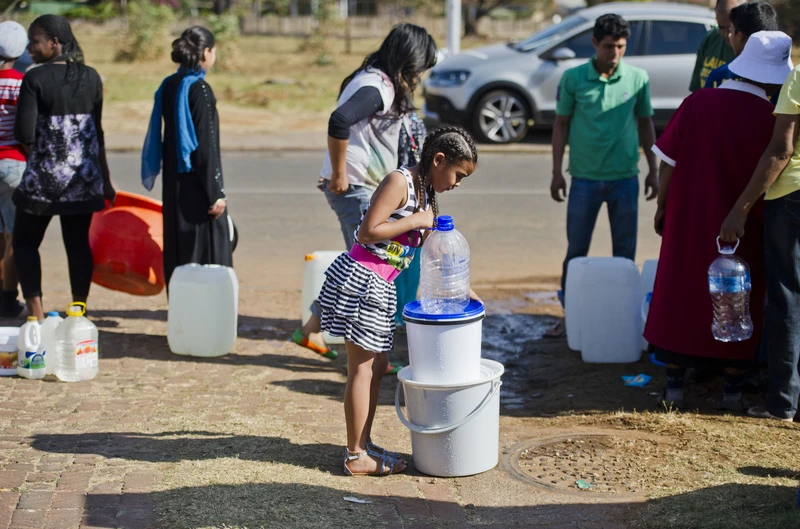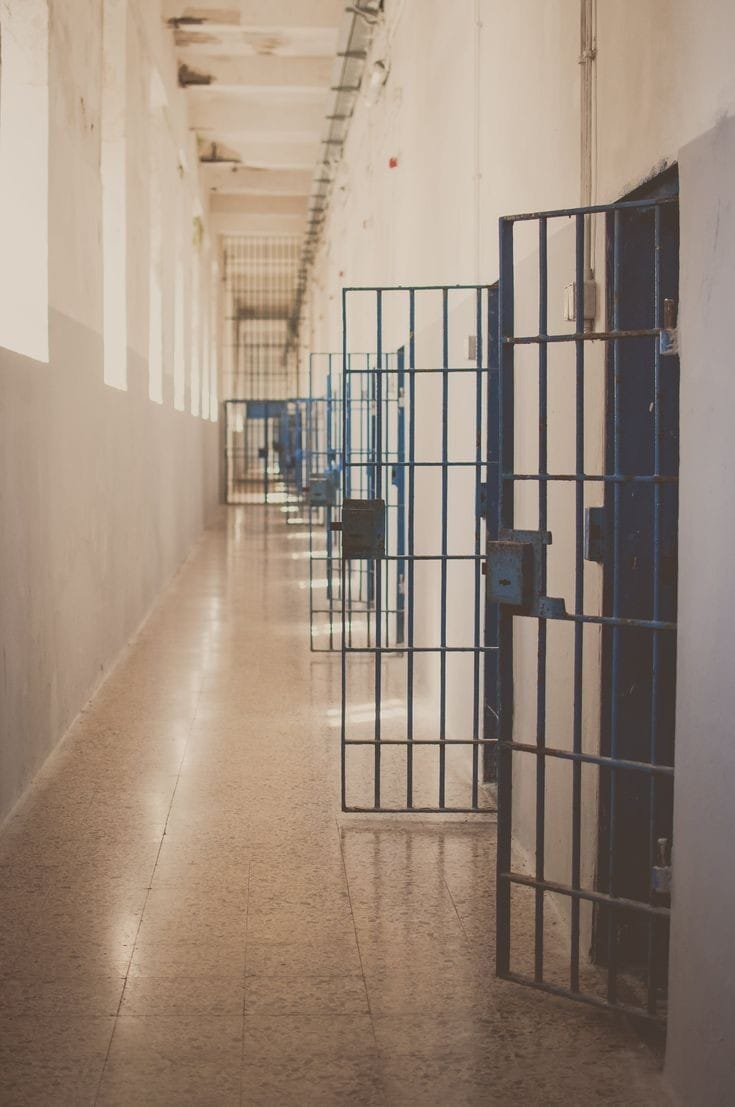Johannesburg’s water systems, which suffered from an outage at Rand Water’s Eikenhof pump station on Sunday, are gradually improving according to city officials. Although challenges persist in areas like Linden and Blairgowrie in Randburg, efforts are underway to address these issues.
At a media briefing, key figures including Logan Munsamy, acting GM of operations at Johannesburg Water, City of Johannesburg mayor Kabelo Gwamanda, city manager Floyd Brink, and Charles Tlouane from City Power discussed the ongoing water crisis.
Munsamy mentioned that there are signs of recovery in the affected systems, with adjustments made to reconfigure systems and optimize flows into reservoirs. Notably, areas like Randburg, Roodepoort, Soweto, Johannesburg Central, and South were affected, with Linden and Blairgowrie posing particular challenges due to their location at the highest point of the supply zone.
Efforts to address these challenges include operating valves to increase water flow, especially with an additional 100 megaliters provided by Rand Water. Brink highlighted improvements in various systems, attributing them to collaborative efforts between Johannesburg Water and Rand Water.
Areas like Soweto, Aeroton, Boschkop, Honeydew, Olivedale, Cosmo City, Quellerina, Florida North, and parts of Roodepoort have seen recovery, although the process remains ongoing.
As a proactive measure, additional water tankers have been deployed to provide emergency supply to affected areas, with hospitals like Rahima Moosa and Helen Joseph receiving priority attention.
While improvements have been noted since Wednesday, officials emphasize that the recovery process will take time due to the complexity of the city’s water distribution network. They assure residents of continued efforts to mitigate the impact, including the provision of emergency water supply through tankers.
Amidst the ongoing efforts to address Johannesburg’s water crisis, city officials continue to work tirelessly to ensure steady progress in restoring normalcy to affected areas. With challenges persisting in certain neighborhoods, the focus remains on collaborative strategies and proactive measures to alleviate the situation.
Logan Munsamy, Johannesburg Water’s acting GM of operations, emphasized the importance of adapting strategies to facilitate the recovery process. This includes ongoing reconfiguration of systems and strategic adjustments to optimize water flow into reservoirs. The complexity of the water distribution network necessitates meticulous planning and execution to ensure effective outcomes.
In addition to technical interventions, concerted efforts are being made to enhance communication and coordination among stakeholders. Regular updates to the public about the status of the water supply and mitigation efforts help foster transparency and trust. Community engagement initiatives aim to solicit feedback and address concerns, ensuring that residents remain informed and supported throughout the recovery process.
The collaboration between Johannesburg Water and Rand Water underscores the importance of partnership in addressing complex infrastructure challenges. The additional 100 megaliters provided by Rand Water has been instrumental in bolstering supply to critical areas, demonstrating the value of collective action in times of crisis.
Despite the progress made, challenges persist in certain high-demand areas, necessitating targeted interventions and resource allocation. The deployment of additional water tankers to provide emergency supply reflects a proactive approach to meeting immediate needs while long-term solutions are implemented.
City officials remain committed to prioritizing the welfare of residents, particularly vulnerable populations such as hospital patients and elderly individuals. Specialized pumping trucks ensure that essential facilities receive adequate water supply, mitigating the impact of the crisis on critical services.
As the recovery process unfolds, continuous monitoring and evaluation are essential to identify emerging challenges and refine strategies accordingly. Flexibility and adaptability are key as officials navigate the dynamic nature of the crisis and work towards sustainable solutions.
Beyond immediate recovery efforts, the water crisis serves as a catalyst for broader discussions about infrastructure resilience and long-term planning. Investments in infrastructure upgrades and maintenance are crucial to mitigating future disruptions and ensuring the reliability of essential services.
In the face of adversity, the resilience and determination of Johannesburg’s residents and officials shine through. By working together and leveraging collective expertise, the city is poised to overcome the challenges posed by the water crisis and emerge stronger and more resilient than before.









